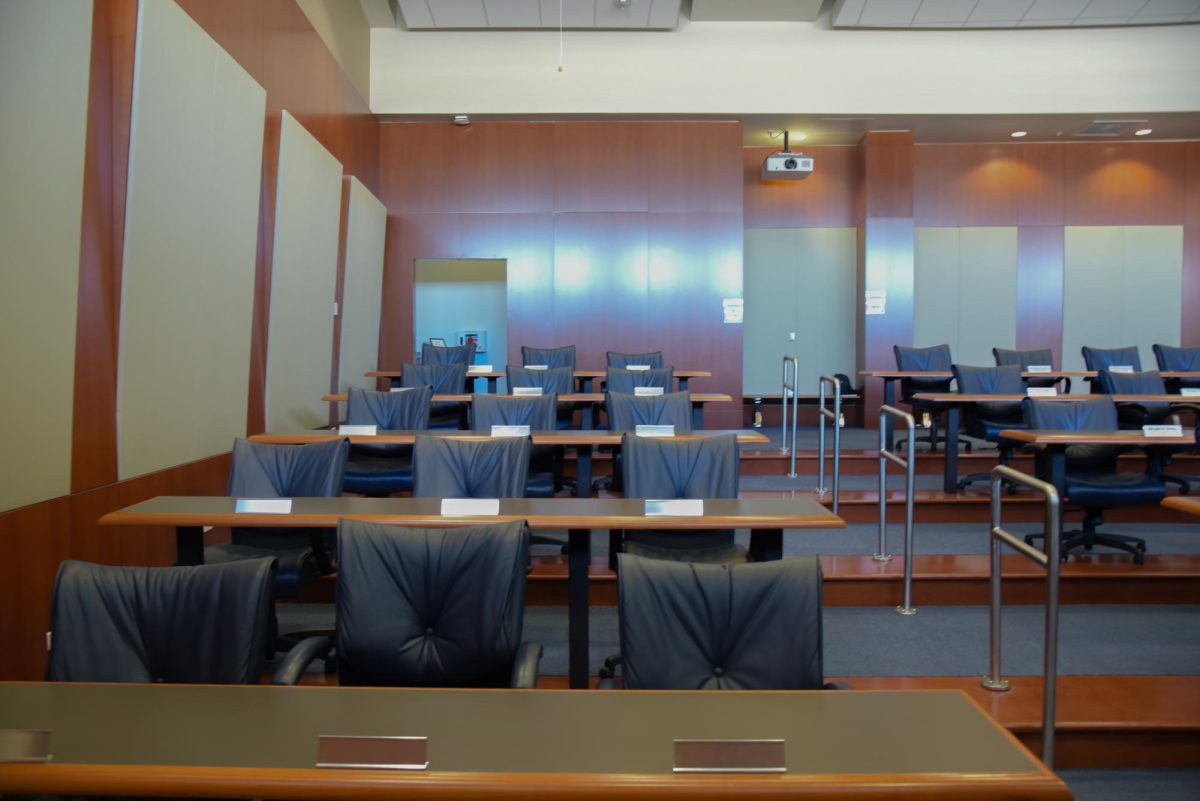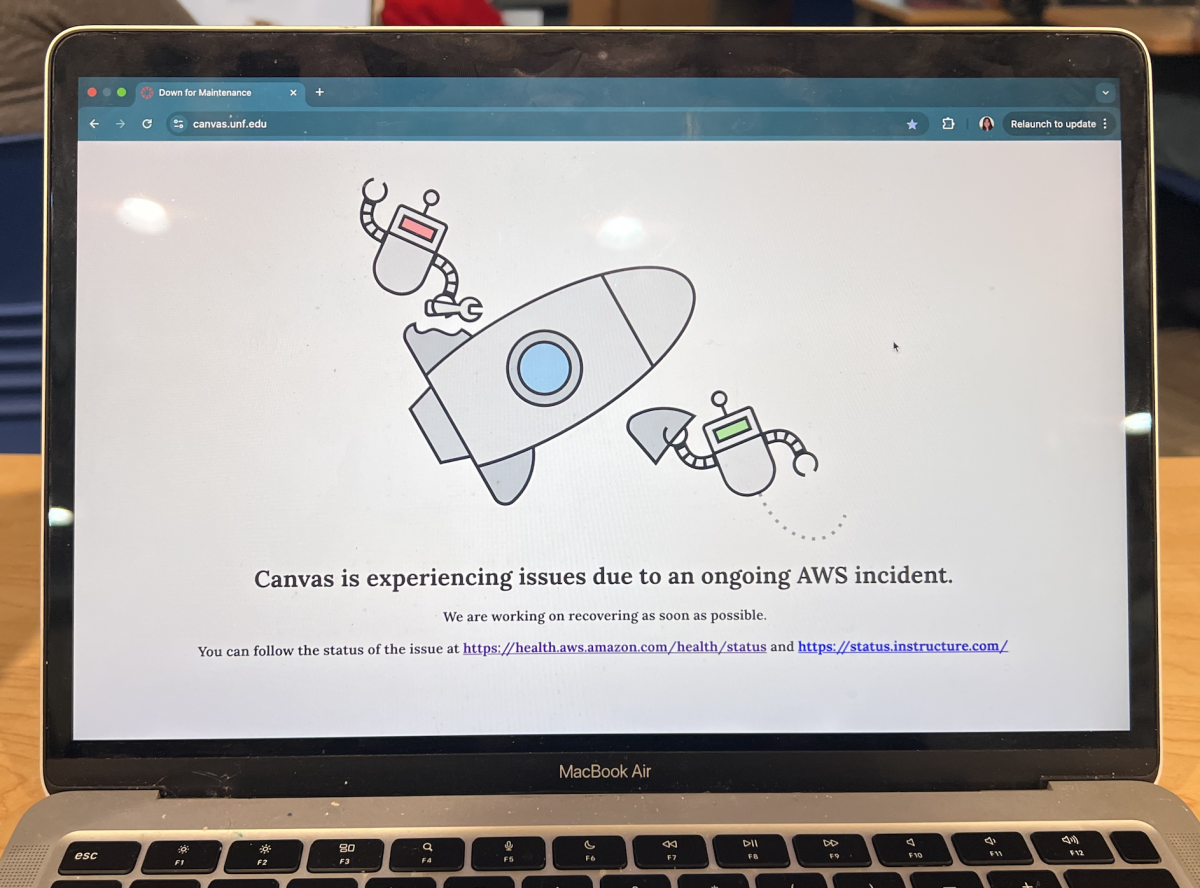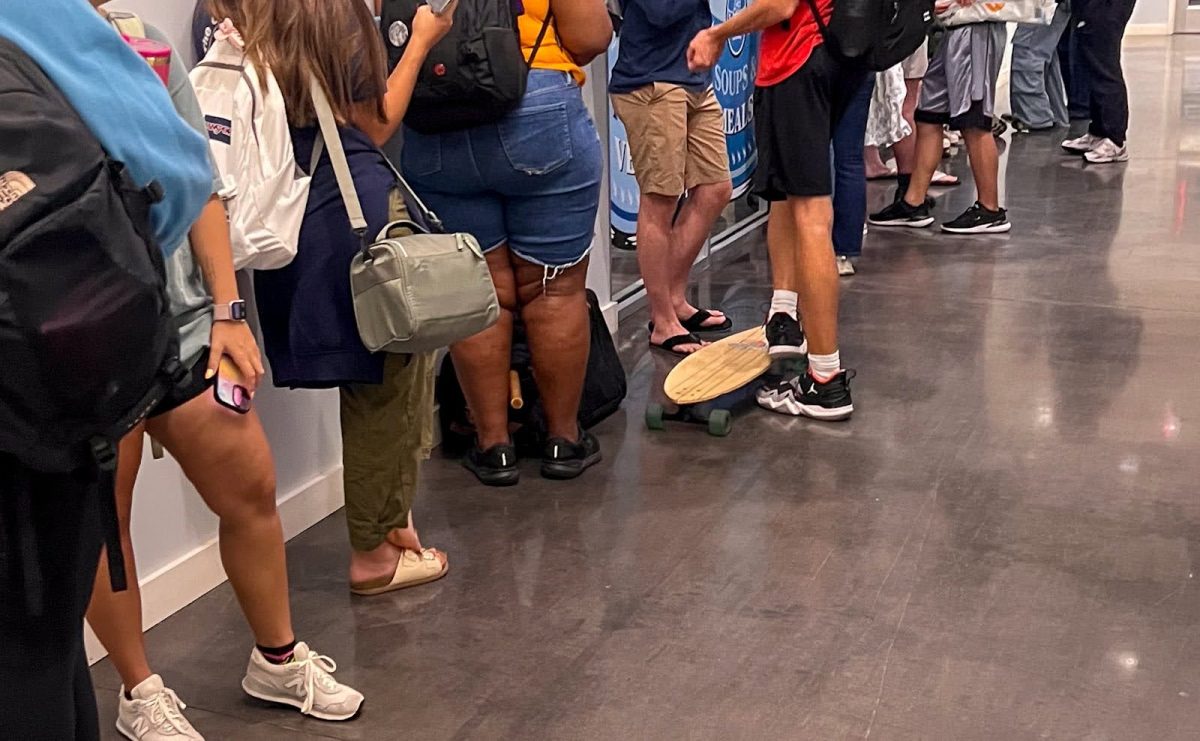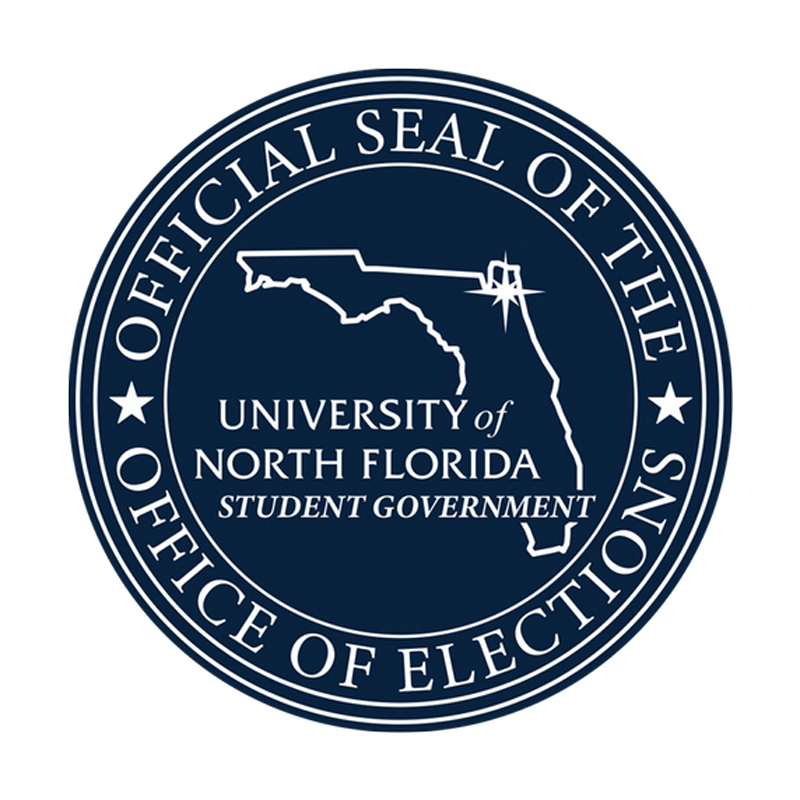The Associated Press college football poll is biased toward a voter’s home state and conference, according to a research study conducted by four UNF business professors.
The study was based on votes submitted throughout the 2007 football season and was released in November.
“It’s a study I haven’t seen anyone else doing,” said Jay Coleman, lead professor on the study.
The research found biases toward the Southeastern Conference, Big 12 and PAC 10. But there was no bias toward the Big East, a conference not traditionally known for football success.
There are 120 teams in Division I and 65 voters.
It took about six to seven months to complete the study that has been published online and will appear in the Journal of Sports Economics during the 2010 calendar year, Coleman said.
But one thing Coleman was unable to find was an East Coast bias.
“Some people think there is an East Coast bias because of more games being shown on prime-time [television] than West Coast,” he said. “But there is no data to support this.”
The study did not require any special funding with most research being done through public records, and Coleman said he really enjoyed the study.
Another professor that assisted Coleman also really enjoyed the study was Paul Mason, chair of the economics department.
“We’re all sports nuts,” Mason said.
He said the research is proof that a playoff system is necessary.
“If the polls are biased, it further reduces their legitimacy,” Mason said.
He also added the NCAA tournament was better in deciding a champion.
Coleman noted that an NCAA tournament is more fair to the lesser known teams, but the winner is not necessarily the best team.
“In fact, the winner of the BCS championship is more likely to be the true champion [than the NCAA tournament],” he added.
Even though at this time, the AP poll is not part the BCS, still part of the BCS is derived from a human poll.
“Any type of human poll most likely can be influenced by human bias,” Coleman said.
Coleman said that the purpose of the study is to try and change the system. This doesn’t mean he agrees with a playoff system, he said spreading out the voters throughout the country is something that should be tried.
The AP vote was private and did not become public until 2006. The two other professors that participated in the study were Andres Gallo and Jeffrey Steagall.
Published in print on Jan. 13











